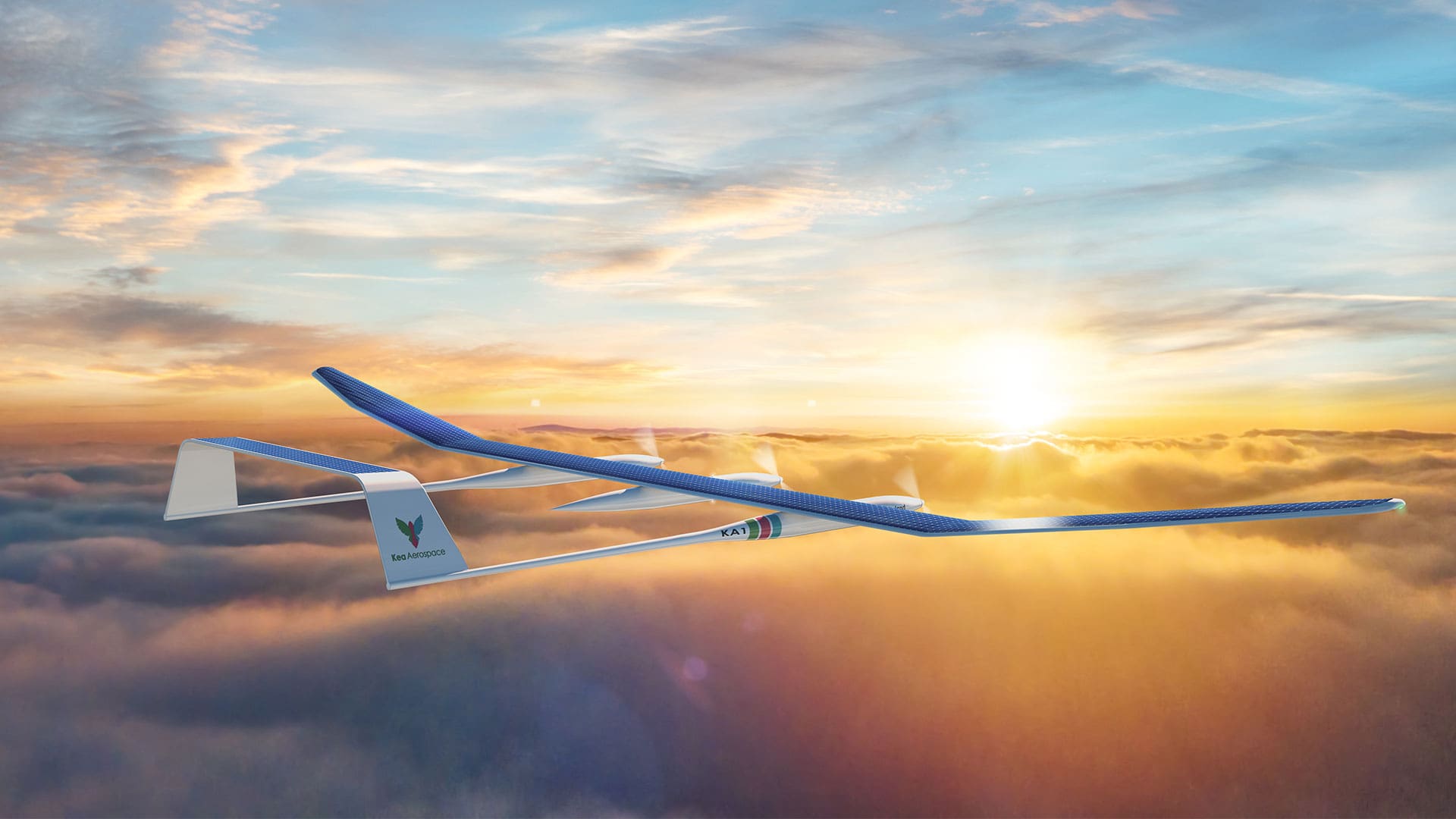Taking NZ Aerospace To A Whole New Level
We have a space industry now worth a couple of billion dollars, but going back a few years, no one would have thought it. Except for Mark Rocket, that is. Not only was he the first New Zealander to book a ticket with Virgin Galactic, but he was the seed investor and co-director of Rocket Lab. He has now set his sights on the stratosphere with his company, Kea Aerospace.
Kea Aerospace’s goal is to build a fleet of solar powered aircraft that will globally operate in the stratosphere. This will enable them to collect a whole lot of high-resolution data way more frequently than what we can achieve at the moment. They believe think its going to have an amazing green impact around the world and will open up untold potential for different industries to be able to access high resolution data far cheaper than what is available at the moment through conventional aircraft or satellite.
Not only does this offer up new potential for the likes of agricultural, forestry, infrastructure and marine industries, but also for environmental and climate change focused projects. We talk to Mark Rocket about the future of the stratospheric observation and his own entrepreneurial journey to get there.
Do you sometimes wonder what would’ve happened if you hadn’t sold your internet company and got into aerospace?
Yeah, there’s that whole sliding doors scenario. There are so many things that happen through your life and you just randomly connect with someone and I feel like when Peter Beck and I met, that was a really interesting thing. I’ve had other people that I’ve met over the years and it changes the whole course of your life. I think it’s just better not to think about it too much.
There’s that element of seizing opportunity and meeting the right people along the way, but you obviously had in you this inherent drive. Does this go back to an early childhood fascination for you?
I’m a Star Wars generation kid. I grew up in the seventies, Star Wars had such a massive impact on my psyche. I read a whole lot of science fiction books as well, which had a profound effect on me. When I was in high school, I wasn’t quite sure what I was going to do. I actually wanted to go to Tibet and become a monk, I thought that would be kind of cool <laughs>. But I ended up grabbing a backpack and a guitar and travelling around Europe and Australia. I came back to New Zealand and I was unemployed for a while in a rock and roll band. After about six months, I think they got sick of me being on the dole, so I became eligible for a subsidy and I ended up working at one of the first internet companies in 1994.
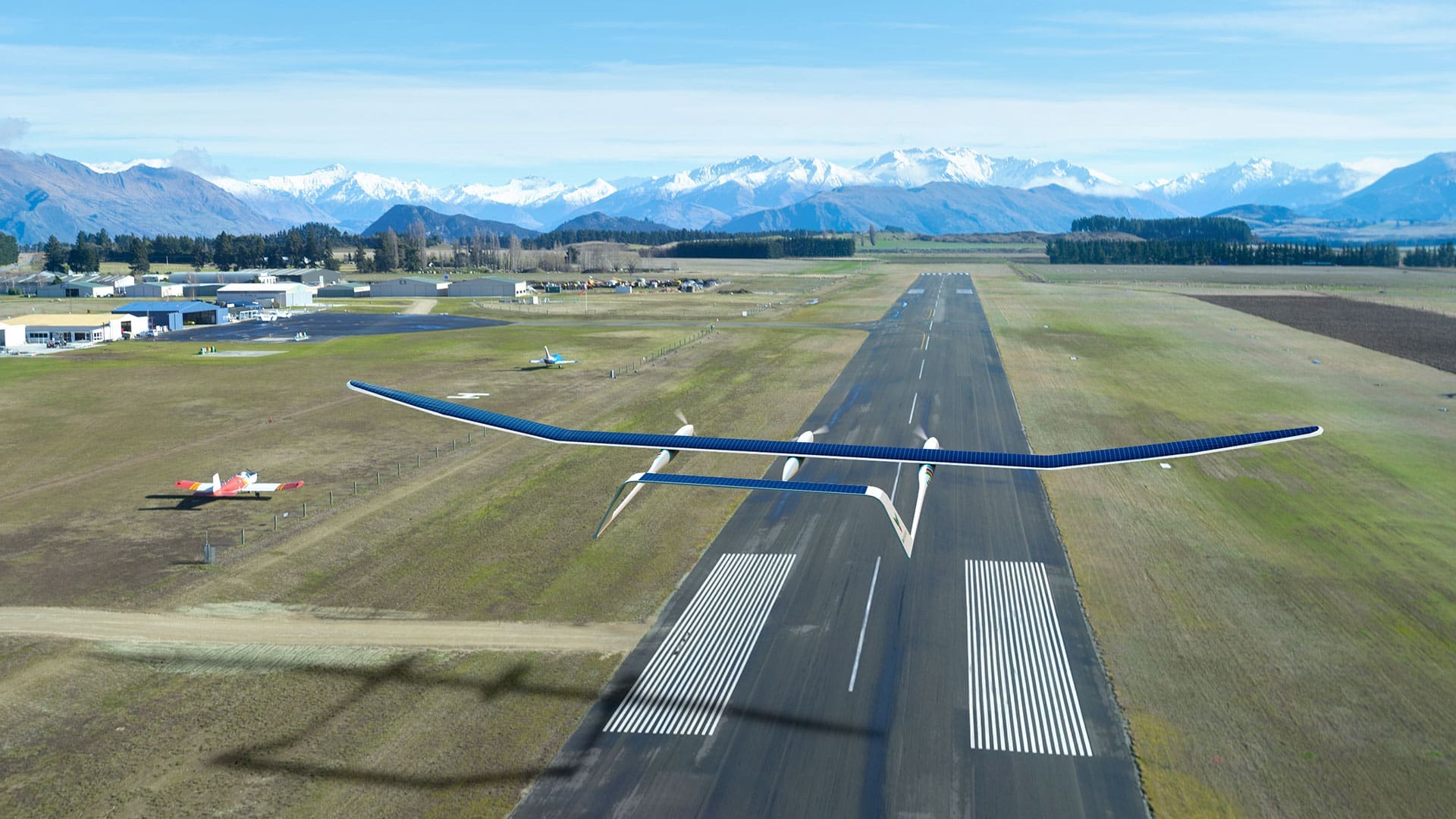
That was a huge break for me because previously I’d been mainly working in bars and vineyards and itinerant labour kind of stuff. I thought it’d be cool to work in an office and so I ended up really having a bit of luck working at one of the first internet companies in Christchurch. I started to learn about internet marketing and I found that to be really intriguing. In ‘98, I set up a couple of companies and they went on to be fairly successful and put a bit of gas in the tank.
Do you have to have a slightly hippie/monk-like thing going on to be successful in tech?
<Laughs>. I think there are lots of different flavours of people doing things, but, certainly for me, I maybe had a bit of an element of that early on.
If we go back to 2007, 2008 when you were doing your thing with Rocket Lab, could you fathom that NZ would be in the position where we are now?
I was doing an entrepreneur’s success course in 2000. There was a program where you’d think about your own deathbed and looking back at your life and you think, what are some of the regrets? What are some of the things I wanted to achieve? Out of that, I had a list of key goals and one of them was to go to space. I wrote that down in 2000, my companies weren’t going that well at that time. There were no space flights that you could actually buy to get to space so it all seemed a bit far-fetched.
When I did sell one of my companies, I saw that Virgin Galactic was offering tickets and I thought, I’ve just gotta do it. I’ve written it down. I know that it’s a key goal of mine. I’ve just gotta move towards that direction.
Being part of that Virgin Galactic group really opened my mind to what was happening internationally. I met a lot of really fascinating people. In 2006, I saw Elon Musk speaking in California and he was talking about SpaceX and what they were trying to do. But I noticed that all the activity was happening in one half of the planet, in the Northern Hemisphere. There was nothing going on for aerospace down in the Southern Hemisphere.
So when I came back to New Zealand, I was talking about Virgin and saying, I wanted to see a space industry emerge in New Zealand and Peter Beck heard about that and gave me a call and in 2006 we just started talking about the business plans and we got underway with commercial operations in 2007.
What kind of leader are you?
I seem to get some reasonable feedback, but I think you’ve gotta balance how you approach leadership. At the end of the day, we’re all humans with different motivations and it’s about picking people that want to come along that journey with you.
Some people wanna get off the bus earlier, that’s fine. But it’s about being aligned and making sure that you have the right values and you want to grow individually and as a group.
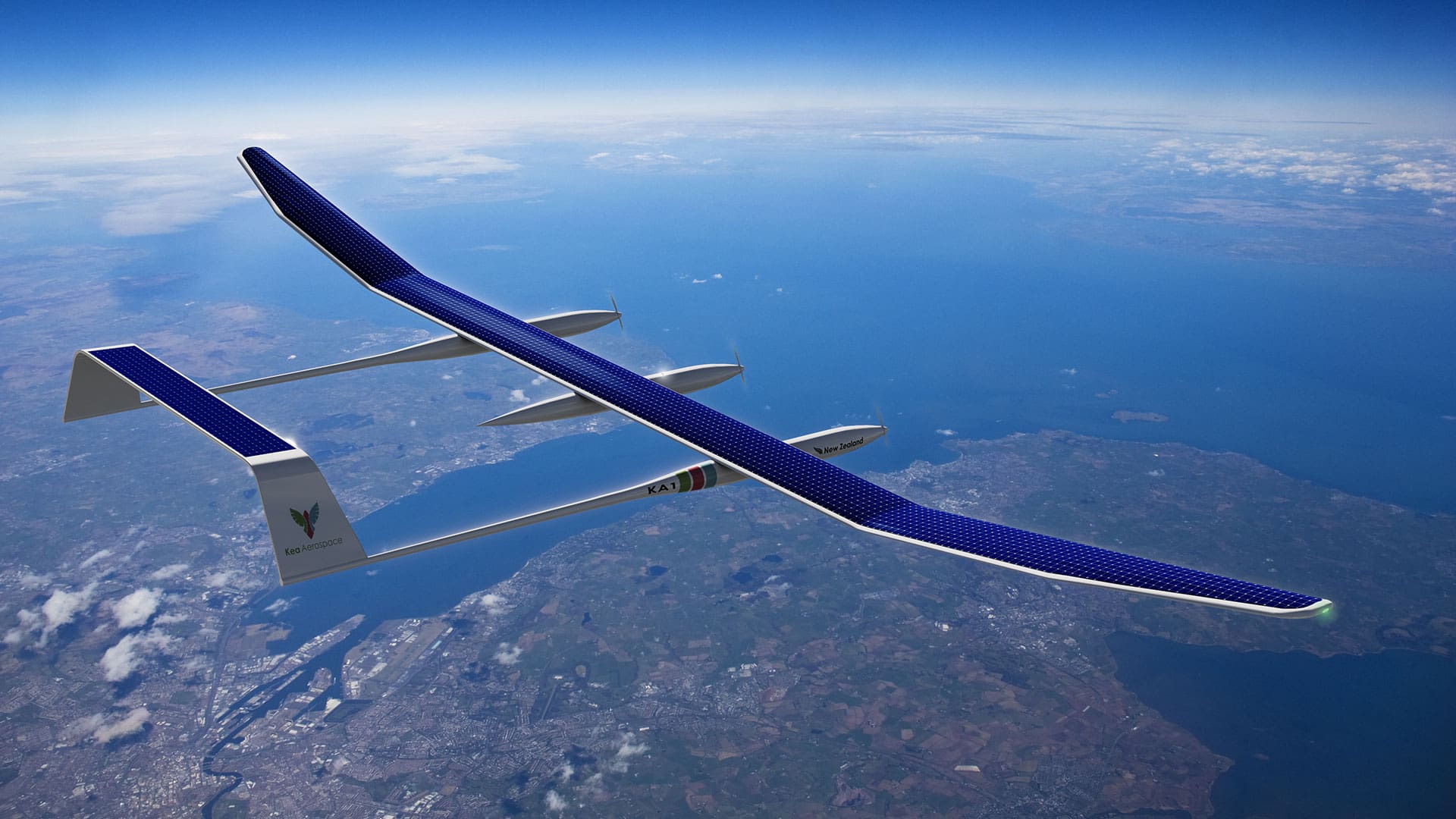
Have there been any major hurdles along the way where you didn’t think it was possible to continue?
It is ambitious, flying in the stratosphere continuously. There’s no commercial operation actually doing this at the moment. It’s harder than setting up an orbital space company.
If you think about it, aircraft typically fly to about 12 kilometres altitude, and then you’ve got satellites orbiting around 300 plus kilometres altitude. There’s this big gap in the middle. The stratosphere is part of that where there’s just not much flying. Maybe in the Northern Hemisphere, you might get the odd YouTube spy plane or something, or a few balloons. But really there’s this big gap in the atmosphere where we don’t really have much activity and an awareness of what’s going on.
So I think, being 20 times closer to the ground in satellites, for a similar or smaller payload, you can get much better resolution. I’m also really excited about using solar power. Instead of burning all this Avgas or rocket fuel, you can be powered by the sun and have this continuous flight capability.
In the future, we’re going to have global fleets of these aircraft that will be providing a full data picture around maritime domain awareness and disaster management.
For example, in Tonga with the volcano, for a week no one knew what was going on there. You could have this type of aircraft to give much faster relief to the people and help them navigate things much quicker.
Maritime domain awareness is a huge issue for New Zealand. We’ve got this massive maritime area where we have very little picture of actually what’s going on.
There’s also Antarctic research, where in the summer, this type of vehicle would be amazing for doing a whole lot of Antarctic research. We’ve got lots of beautiful sun hours down there in summer, so it means you can continuously fly way easier.
Environmental monitoring is something I’m really passionate about. We’ve got waterways and our forests and land and coastline, and we don’t really have a clear understanding of how that’s being used. Month on month, year on year, there are massive changes going on.
If we actually are detecting what’s going on in all these places, we’ll be able to make informed decisions instead of just throwing darts at a dartboard with blindfolds on.
Do you have any regrets about leaving Rocket Lab?
When we started Rocket Lab, it was a New Zealand company and we were very keen to develop that technology. We knew that would have to get international partners in, and it was actually quite hard going early on, getting the commercial support. Even for our first space launch, we couldn’t get any New Zealand sponsors to get behind that. They were worried it was going to blow up and make their brand look bad. But to me, that was an amazing opportunity for someone to support this nascent space industry. A lot of people were pretty conservative and they just didn’t see space and New Zealand together. It took quite a few years for people to really understand the opportunity and that we could do things.
After our first space launch in 2009, we started to win contracts with different places around the world. One of them was with America and there were a couple of contracts that I wasn’t so keen on, so I decided to get off the bus at that point.
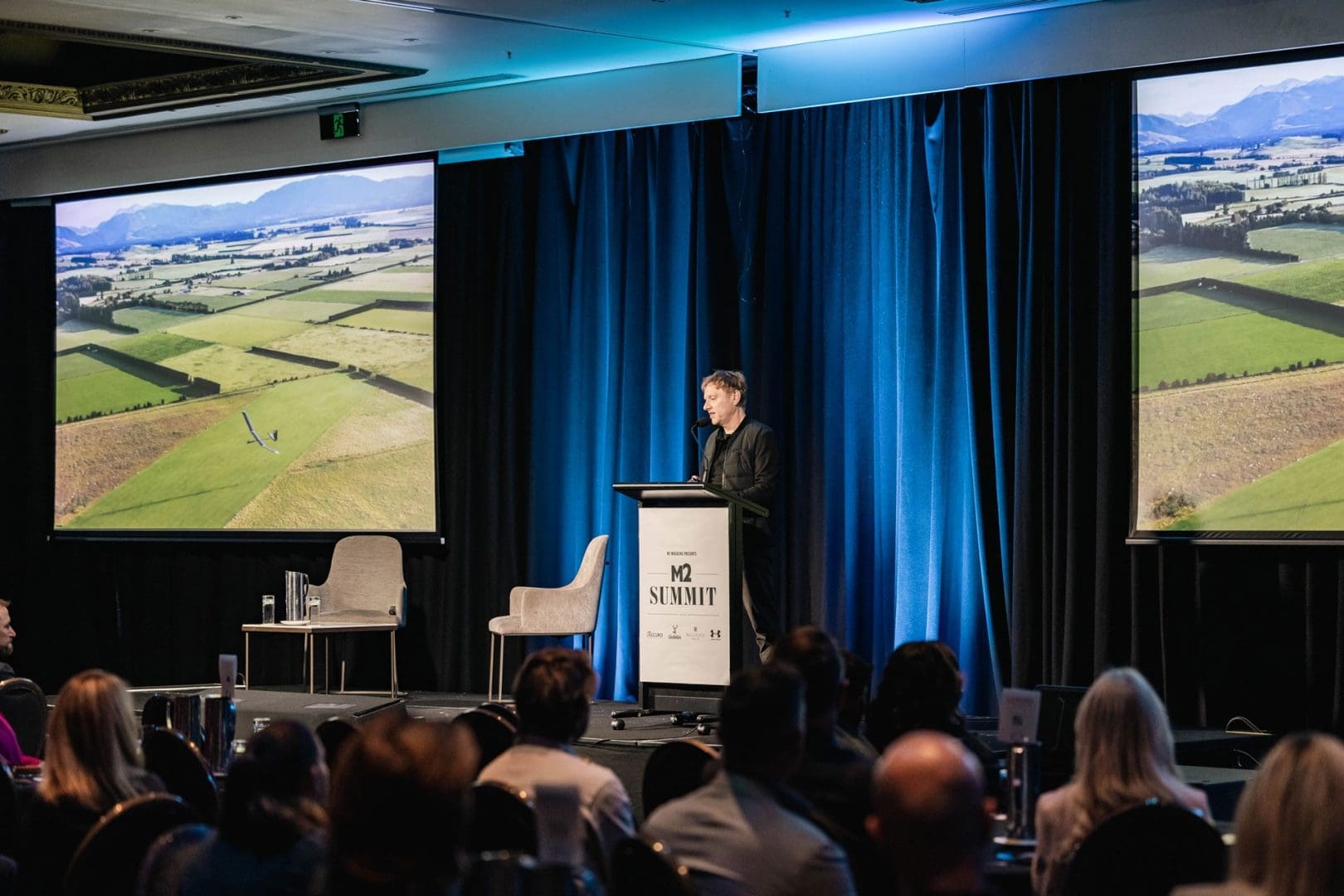
I’m really pleased that the orbital program has started up subsequent to that and it’s amazing what Rocket Lab has achieved. The reality is we had to get money from another country to undertake that orbital program in New Zealand. It’s been phenomenal, what’s actually happened there has been absolutely incredible.
I think what a lot of people don’t realise is we’re actually the first country in the world to have an orbital rocket capability without any military-industrial complex behind us. You look at all the other 10 countries, they’ve had billions of dollars put into the military-industrial complex technology development. Whereas in New Zealand, we didn’t have that.
We went to Silicon Valley and got some money and started building rockets back here. Rocket Lab has been a key part of building a really flourishing aerospace industry. It’s not just about space technology, but it’s also about advanced mobility and UAVs; there are way more companies in that area, in New Zealand at the moment.
We’ve got key aerospace, but there’s also a whole heap of really exciting UAV advanced mobility projects that are doing their testing and development in New Zealand and I think that’s a fantastic opportunity for the country to support that. It’s already creating thousands of jobs and that’s all set to grow if we can help support that industry.
Do you think that maybe we haven’t learned from the mistakes that we’ve made on earth? Do you think it’s reaching saturation and we need to pull back a little?
I’m the president of Aerospace Christchurch, which is an industry body in Christchurch and we’re starting to move into national projects as well. We had a meet up recently about ethics and there were a couple of really compelling speakers talking about it.
The thousands of satellites that have been put up into orbit, it basically makes astronomy impossible in the Northern Hemisphere and it’s crazy. Even in New Zealand, we’ve got massive issues there. You just got streaks all through the images.
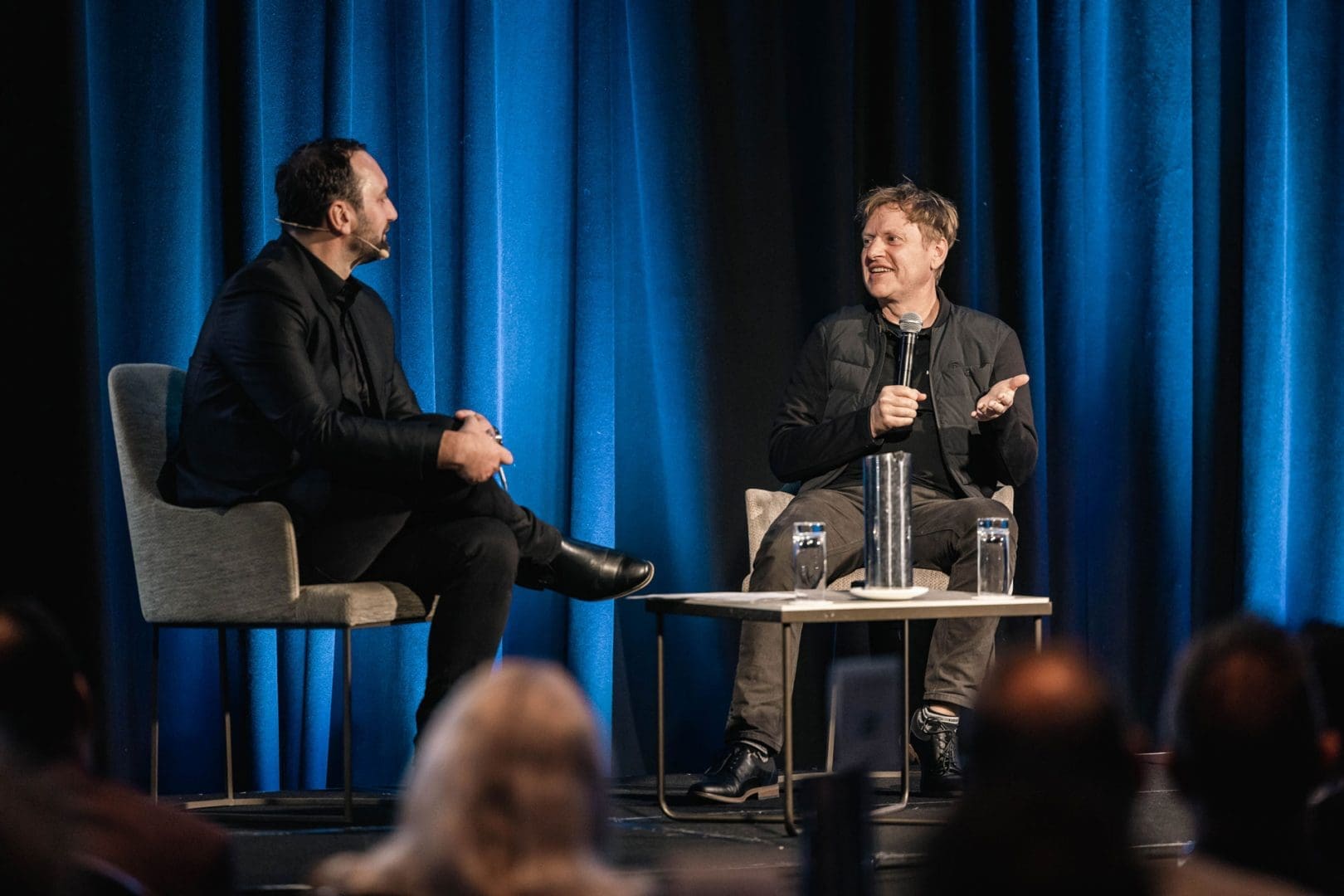
They are looking at mitigating the reflective properties of the hardware and there are certainly things that could be done. New Zealand is leading the way in some of that approach.
I think there’s a lot more that we could be doing and we’re going to come up with some really big hairy questions that we’re going to have to answer. We’ve got some really interesting problems to tick through.
You’ve got different countries that have entirely different philosophies on how they deal with people or the environment. So I think the next 10, 20 years are going to be absolutely amazing to see how we actually get through those things.
Do you have any advice for anyone with a crazy idea about a new industry that we don’t yet have?
It’s a tricky one. Throughout my life, I found these times when I didn’t really believe in myself as much. I think if you really truly believe in what you’re doing and really resonate, it makes such a huge difference.
Having that enthusiasm and finding the right people to go on the journey with you and just being open to the possibilities.

